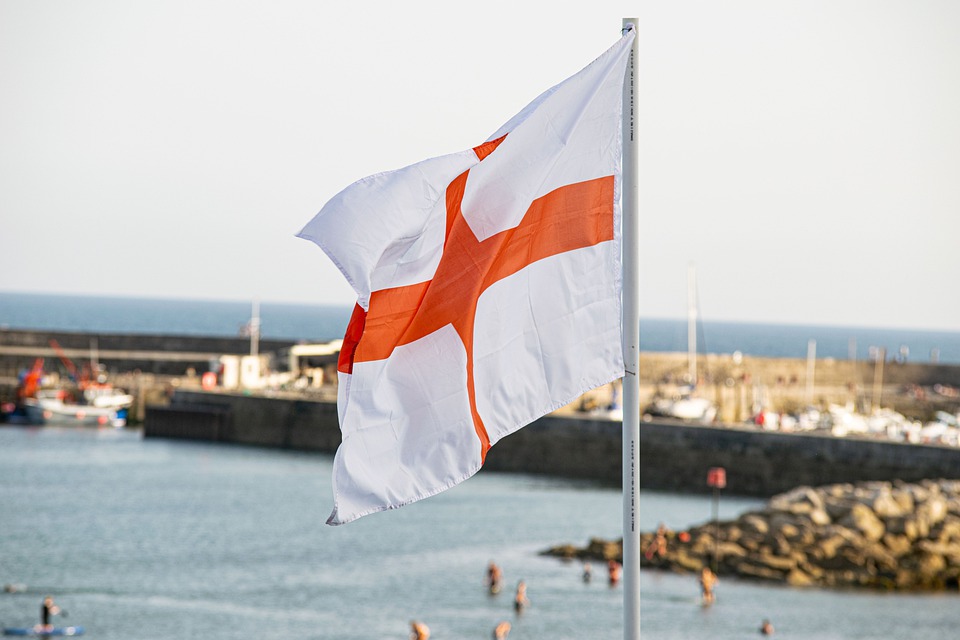25 October 2020
UK and EU negotiators ‘have found 90pc of solutions’
Michel Barnier preparing to extend post-Brexit talks in London for a further three days, amid cautious optimism on both sides over the revived negotiations.
The EU’s chief negotiator is understood to have signalled that his team will remain in the UK until Wednesday – scrapping previous arrangements to return to Brussels today.
On Thursday, UK negotiators would then travel to Brussels for further talks, with UK and EU sources effectively setting Hallowe’en, next Saturday, as a deadline to decide whether the two sides will be able to reach a deal.
The decision to extend the London talks came after EU and UK sources suggested that both sides had made concessions to enable progress, as negotiators held discussions on all of the main components of a trade agreement concurrently, for the first time.
However, the EU wants Lord Frost, Mr Barnier’s counterpart, to table proposals that follow through on his suggestion that the UK might agree to commitments on industrial subsidies that “go beyond conventional trade agreements”.
A source said Mr Barnier’s decision to remain in London until Wednesday was partly related to the difficulty of dozens of UK negotiators travelling to Brussels for further planned talks this week, amid soaring Covid-19 rates in the Belgian capital.
But a Whitehall source added that the EU side “seem to have acknowledged that it is more of a two-way street. There is now a possibility we might be able to get there with a meaningful process”. Another source said that negotiators had agreed solutions on “90 per cent plus” of the required areas.
Fishing rights in UK waters remain a sticking point, despite progress in areas such as goods and air transport. While politically difficult, an agreement is thought to be feasible. The EU accepts it will have less access than it does now, but wants a long-term agreement as opposed to annual talks.
Governance of the deal is also thought to be one of the issues at the heart of the negotiations. While the EU wanted the deals on fishing, trade, foreign policy and security co-operation covered by a single agreement and enforcement system, Britain wanted a series of separate agreements with their own dispute resolution mechanisms and no cross-cutting.
Ireland’s prime minister said yesterday he thought a deal would be struck. “My gut instinct is that the [British] Prime Minister does want a deal,” said Micheál Martin.
Meanwhile, the Centre for Brexit Policy, a pro-Brexit think tank, said in a report that the legal guarantees already contained in the Withdrawal Agree ment would prevent the UK from achieving the bare-bones “Australiastyle” arrangement that Boris Johnson cites as a fallback option.
Click here to read the article in full.
Click here to read the report in full.

